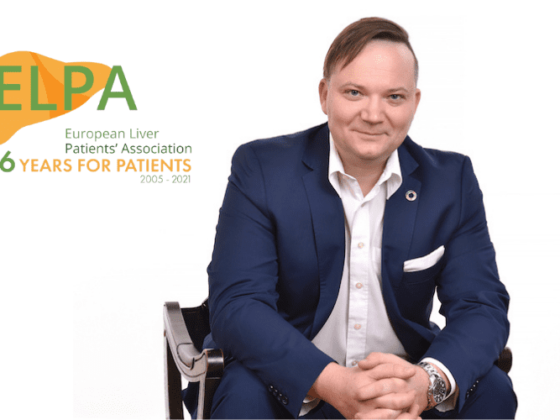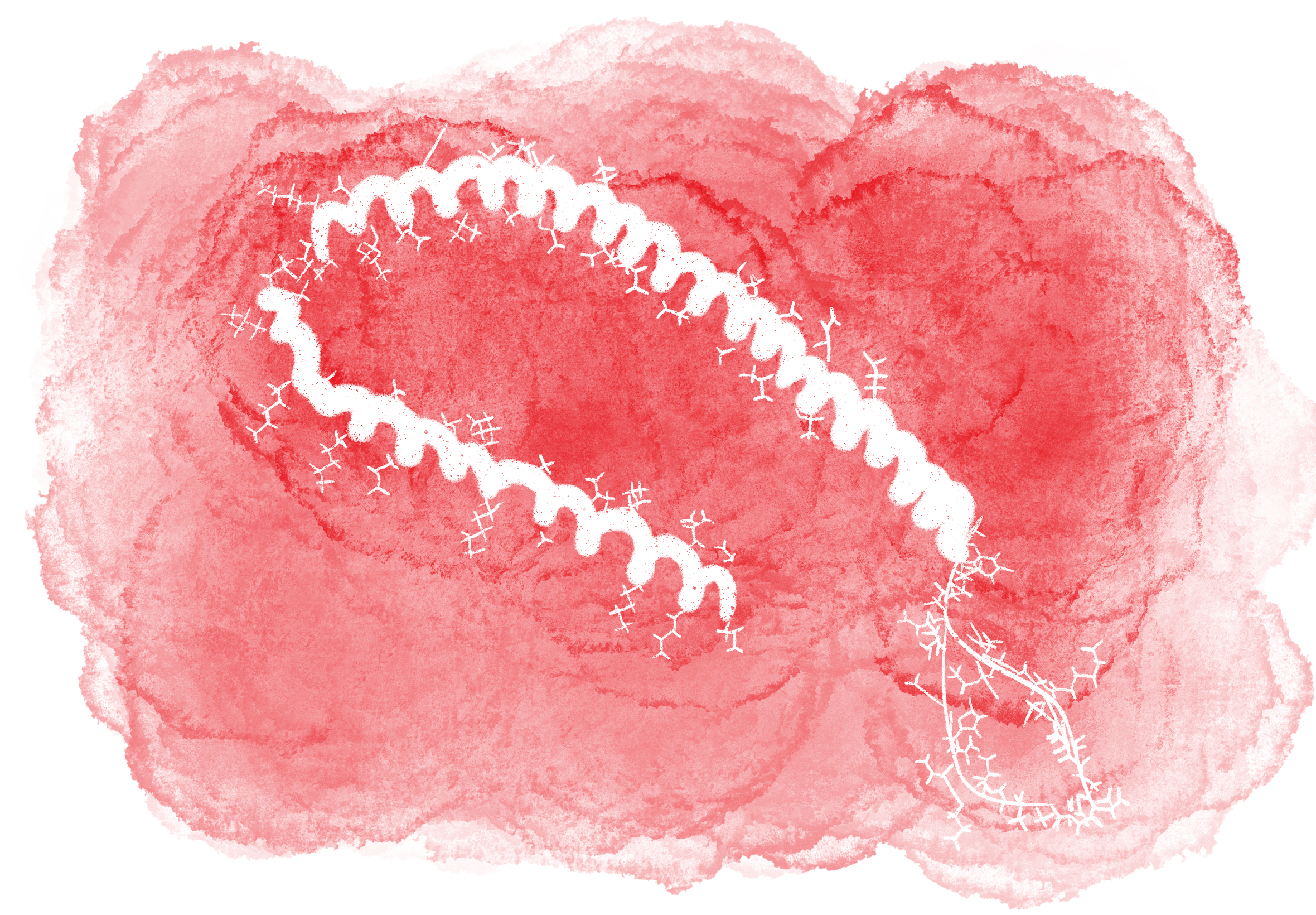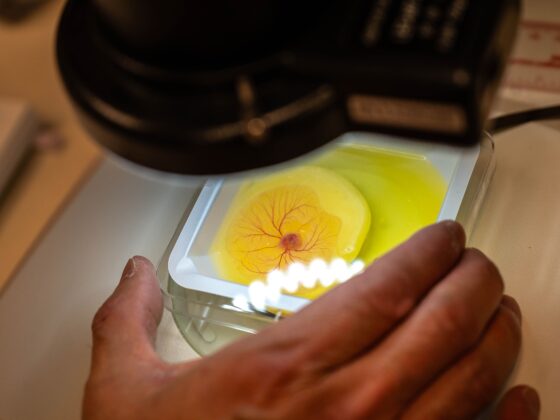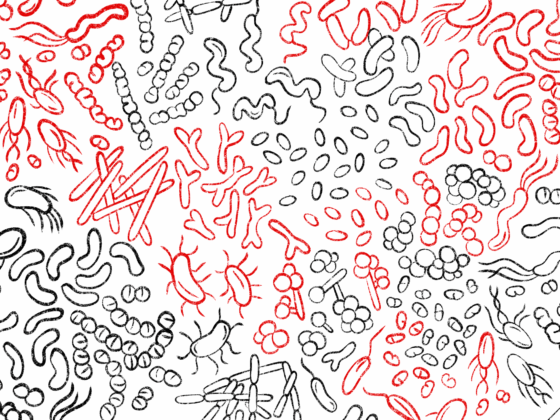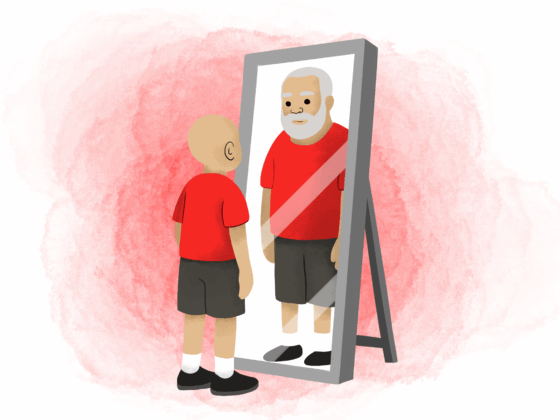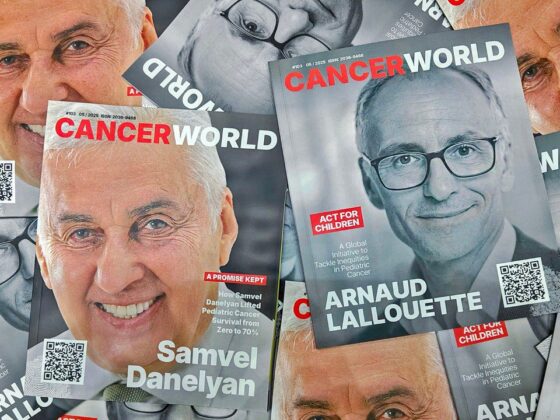Introducing a physiotherapy-led exercise programme following treatment for breast cancer reduces upper limb disability. The UK study, published in The British Medical Journal (online 11 November), found no increase in complications, lymphoedema or adverse events for patients allocated exercise.
“Our manualised exercise intervention is suitable for wider implementation in clinical practice,” write the authors, led by Julie Bruce, from the University of Warwick, Coventry, UK. The trial provides “the best quality evidence to date in support of prescription of early exercise for women at high risk of shoulder problems and upper limb morbidity after non-reconstructive breast cancer treatment,” they say.
Up to one third of women undergoing surgery and radiotherapy for breast cancer experience restricted range of shoulder motion, chronic pain and lymphoedema that have the effect of limiting quality of life and delaying recovery. While UK guidelines for non-reconstructive breast surgery recommend gradual reintroduction of upper limb mobility and referral to physiotherapy if problems develop, concerns have been raised that early or overly vigorous exercise might increase postoperative wound complications and lymphoedema. Systematic reviews have highlighted the lack of high-quality evidence on the timing, safety and optimal content of postoperative exercise after non-reconstructive breast cancer surgery.
The UK Prevention of Shoulder Problems trial set out to investigate the effects of an exercise programme compared with best practice usual care for women at high risk of upper limb disability after breast cancer treatment. For the study, which took place in 17 UK National Health Service Cancer Centres between January 2016 and July 2017, 392 women undergoing breast cancer surgery, at risk of postoperative upper limb morbidity, were randomised 1:1 to usual care with structured exercise (n=196) or usual care alone (n=196). Women were defined as being at high risk if they were scheduled to undergo planned axillary node clearance or to have planned radiotherapy to the axilla or supraclavicular fossa, had a body mass index ≥30, had existing shoulder problems, had any subsequent axillary surgery after sentinel node biopsy or had supraclavicular radiotherapy within six weeks of primary surgery.
The exercise programme, introduced 7-10 days post-surgery, involved referral to physiotherapy for a supervised, structured, exercise programme including stretching, strengthening, physical activity and behavioural change techniques to support adherence to exercise, while usual care involved written information about postoperative exercises and generic postoperative advice. “The aim of the intervention was to restore range of movement in the shoulder, improve strength, and increase physical activity,” write the authors. The National Institute for Health Research (NIHR)-sponsored trial trained 44 physiotherapists to deliver the intervention, which also involved two further appointments at one and three months. Participants were asked to gradually increase their physical activity with the aim of undertaking 150 minutes of moderate intensity activity per week. Although the nature of the exercise intervention meant that it was impossible to blind participants and physiotherapists, senior research team members were blinded to the treatment allocation for the duration of the trial, and a statistician independent of the core trial team did the final analysis.
Results showed the primary outcome, upper limb function assessed 12 months after randomisation using the Disabilities of the Arm, Shoulder and Hand (DASH) questionnaire, was 16.3 for the exercise group versus 23.7 for the usual care group (P=0.0001). Additionally, at 12 months patients undergoing exercise had lower pain intensity (16% for the exercise group vs 31% for usual care, P=0.001), fewer arm disability symptoms (P=0.001), and no increase in complications, lymphoedema or adverse events. On average the exercise programme cost an additional £129 (€152) per participant which is an affordable price for the system.
“The study provides evidence that a physiotherapy led exercise programme can be implemented at low cost. It is also associated with lower overall healthcare and personal social service costs and improves health-related quality of life compared to usual care,” says Stavros Petrou, a co-author of the study from the Nuffield Department of Primary Care at the University of Oxford.
Future research directions, write the authors, could evaluate whether the preoperative screening criteria work to identify women at higher risk of developing post-treatment limb-related disability who would benefit from the exercise programme.




